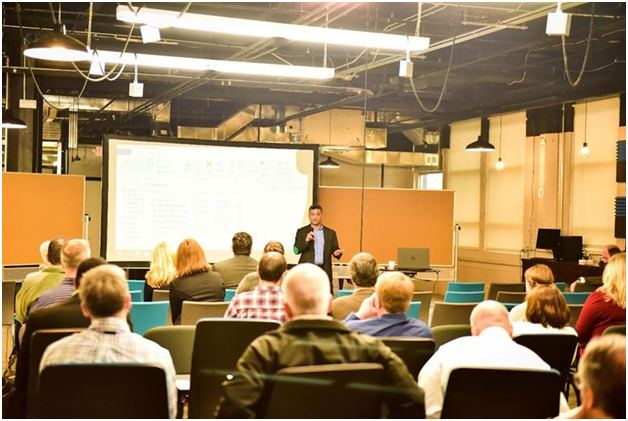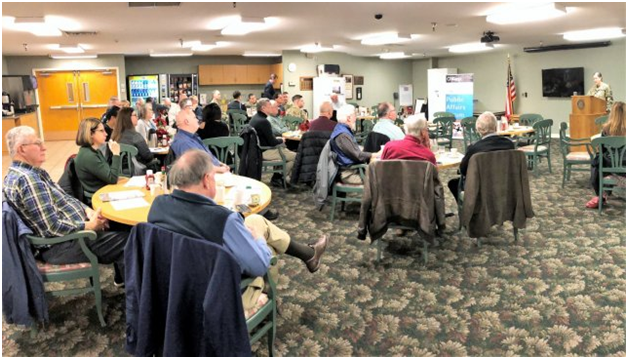If you are planning an event, there are plenty of things to think about to ensure it runs smoothly. From entertainment to food, permissions and unpredictable weather, it is important to cover everything. Having a solid plan for incidents and emergencies is essential, so let’s look at what you should plan for.

Evacuation plans
Safe passage away from the area is essential; therefore, you should plan escape routes, making sure they are not blocked or locked. Escape routes should be properly lit, ensuring this is from an independent power source, so that people can easily see where to evacuate. It is also important to think how to evacuate those with disabilities, limited mobility and children, and have a plan in place.
All staff should know where the nearest safe spot is so that they can direct guests away from the site. They should also know about first aid procedures, such as how to raise the alarm and the location of emergency exits. You should also think about how you will communicate any urgent messages to those attending should you need to make them aware of an incident.

First aid
For all events, there should be clear first aid points within the event grounds. You should have a plan in place should someone require more than basic first aid, including hospital routes. Larger events should liaise with the local ambulance service, which may find it necessary to place an ambulance on site. Events medical cover can also be arranged through companies such as https://www.outdoormedicalsolutions.co.uk/event-medical-cover/ to ensure that the main health and safety aspects of the event are covered.
Terrorism
This is something that although unlikely is an extremely important part of planning for an emergency. After the events of 2017’s London Bridge attack, the counter terrorism police issued a video advising people how to react in the event of a terror attack. Ensure your staff understand the importance of the run, hide, tell warning to help both themselves and the public to get to safety.
Stopping the show
Some incidents may require the show to stop to effectively communicate with or evacuate the public. You should therefore make staff and any performers aware of a word or phrase that can be used to implement this procedure, along with how you will effectively commutate this to them.
